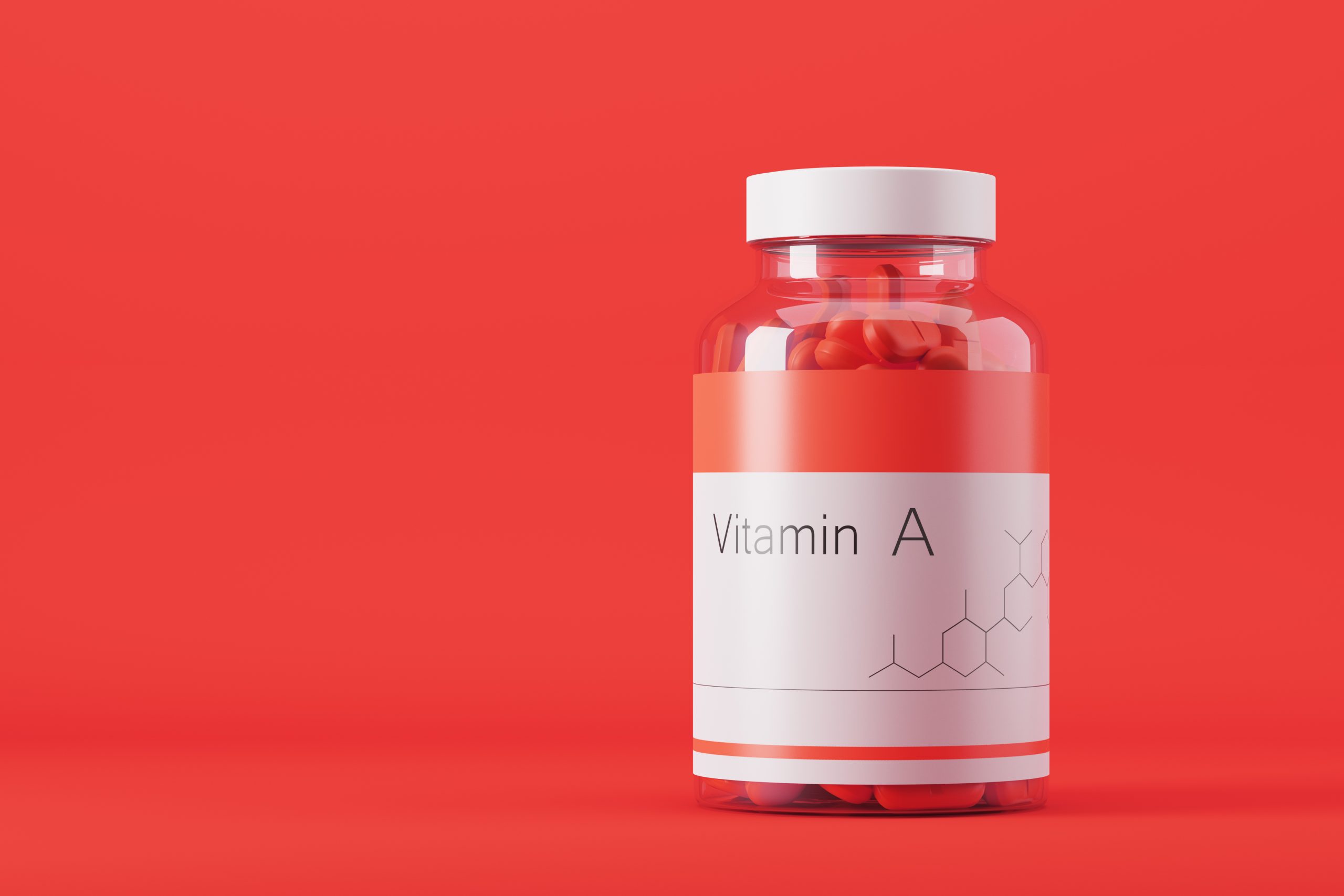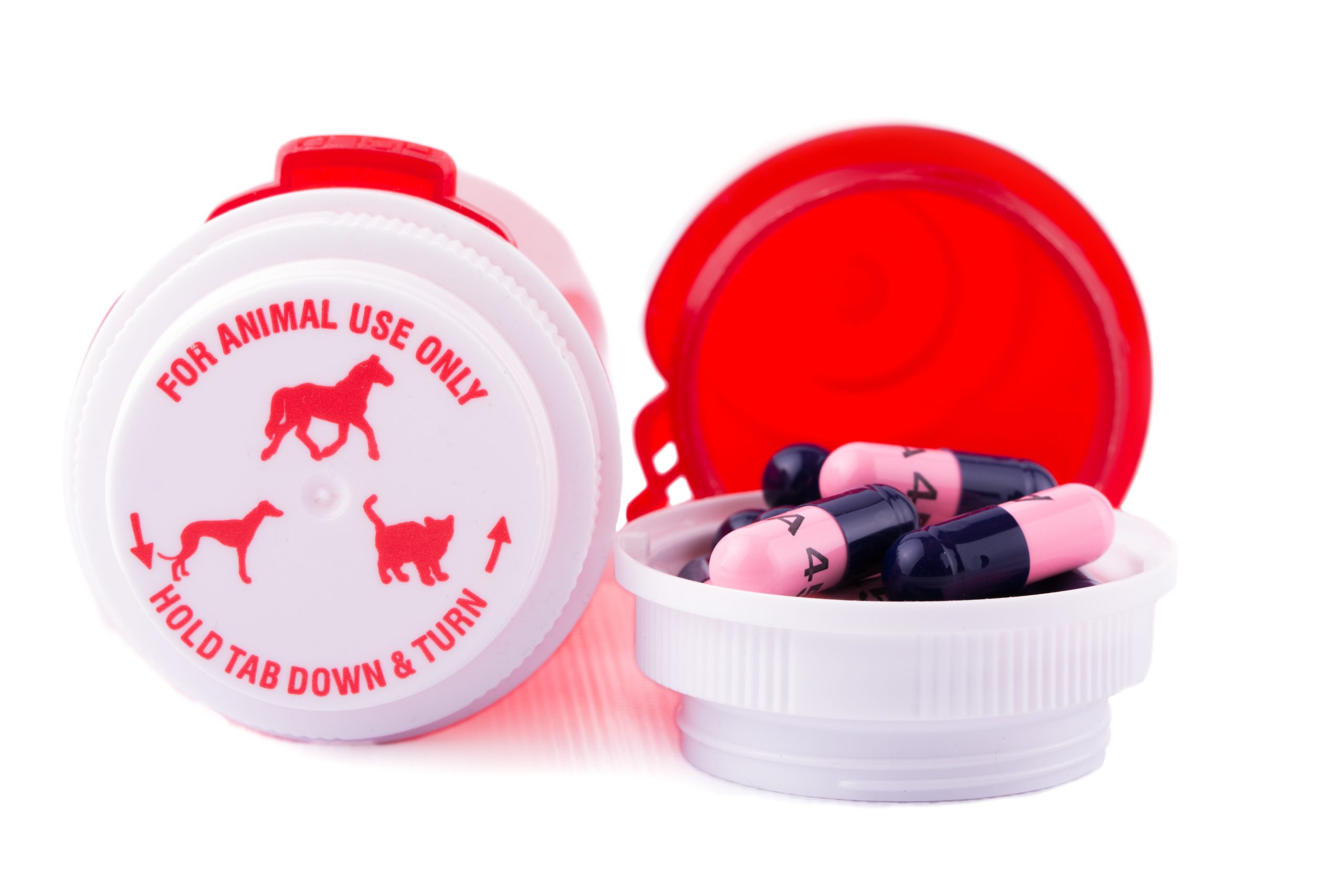In today’s health-conscious society, the popularity of food supplements has soared. To protect consumers, preserve brand reputation, and avoid legal pitfalls, manufacturers and marketers must comply with labelling and promotional regulations. Getting your copy right from the start is also vital, to prevent misleading information being reproduced in translation. In this article, you will learn how to ensure regulatory compliance for your product information and its promotional material.
What is the basic rule for fair advertising of food supplements?
As more individuals make conscious choices about their diet and lifestyle, the demand for food supplements, or dietary supplements as they are also known, continues to surge. These increasingly popular products receive heightened exposure and visibility, both on store shelves and through online marketing and product listings.
Food supplements come in various forms, including tablets, powders, liquid shots, and even gummies, which are very popular with children. To stay competitive, manufacturers are also constantly innovating with different formulations. Supplements may target specific age groups, and address diverse physiological and psychological needs.
However, it is important to remember that food supplements are considered food products, intended to complement a balanced and varied diet when nutritional intake is insufficient. This is one of the fundamental principles governing the fair advertising of food supplements. This means that marketers must not encourage excessive or irresponsible consumption by suggesting that food supplements could replace a varied and balanced diet and a healthy lifestyle.
Which legislation applies to marketing communications related to food supplements in the European Union and the United Kingdom?
Food supplements fall within the category of foodstuff, and as such are governed by food law throughout the European Union (EU) and most non-EU countries. By definition, they are concentrated sources of vitamins, minerals, or other substances with nutritional or physiological effects, and they are always marketed in dose forms. Within the range of ‘other substances’, we can find amino acids, essential fatty acids, fibre, plant and herbal extracts, etc.
In the UK, supplements are governed under The Food Safety Act 1990 and subsequent legislation implemented in the EU and retained in UK law following its departure from the EU. Covering all EU Member States (and still applicable in the UK), the relevant legislation regarding the presentation of food supplements to the final consumer includes: Regulation (EU) No 1169/2011 on the provision of food information to consumers (also referred to as the FIC Regulation), Regulation (EC) No 1924/2006 on nutrition and health claims made on foods (also referred to as the Nutrition and Health Claims Regulation), and Directive 2002/46/EC on the approximation of the laws of the Member States relating to food supplements. When marketing and advertising food supplements, it is important to remember that Northern Ireland still follows EU legislation.
What are the legal requirements for the advertisement and presentation of food information?
The purpose of the applicable legislation, and relevant authorities enforcing it, is to protect consumers from misleading claims.
The legislation sets out several general food advertising principles to underline that health and nutrition claims made on food supplements shall not:
- be false, ambiguous, or misleading;
- raise doubt about the safety of other foods;
- encourage excessive consumption (for example, by suggesting that food supplements should be taken daily regardless of the person’s nutritional needs);
- state or imply that a balanced diet cannot provide appropriate quantities of nutrients (a statement that food supplements should not replace a varied diet is part of the mandatory labelling requirements);
- refer to changes in bodily functions to exploit fear in consumers (for example, if the wording suggests or implies that certain changes could mean a decrease in a certain nutrient, and purchasing the food supplement is encouraged).
Not only marketing communications, but also the labelling of food supplements must follow these principles.
Apart from the above general criteria, Article 7 of the FIC Regulation sets out requirements for fair information practices. These are:
- Food information should not be misleading:
- (a) as to the characteristics of the food, its nature, identity, properties, composition, quantity, durability, country of origin, and method of production;
- (b) by attributing to the food effects which it does not possess;
- (c) by suggesting that the food has special characteristics, when the same characteristics are common amongst other food products;
- (d) by suggesting the presence of a particular ingredient when it has been substituted by another ingredient.
- Food information should be accurate, clear, and easy for the consumer to understand.
- Food information should not attribute to any food the property of preventing, treating, or curing a human disease, nor refer to such properties.
What are authorised nutrition and health claims?
The Nutrition and Health Claims Regulation sets out the legal framework for businesses wanting to make nutrition and/or health claims on their products. It defines ‘nutrition claim’ as any claim which states, suggests, or implies that a food has particular beneficial nutritional properties due to:
- the energy (calorific value) it provides, provides at a reduced or increased rate, or does not provide; and/or
- the nutrients or other substances it contains, contains in reduced or increased proportions, or does not contain.
Companies must choose a claim from the 30 permissible nutrition claims, and ensure that the required criteria to support the claim are achieved.
‘Health claim’ is defined as any claim that states, suggests, or implies that a relationship exists between a food category, a food or one of its constituents, and health.
The European Food Safety Authority (EFSA) provides a public EU Register of Nutrition and Health Claims where all permitted nutrition claims and all authorised and non-authorised health claims can be viewed, together with their conditions of use and applicable restrictions. Although the Register provides claims only in English, it is based on the Annex to Directive 2002/46/EC which contains the list of permitted health claims and is available in all the official EU languages (except Irish) and the Annex to the Nutrition and Health Claims Regulation which contains the list of nutrition claims and conditions applying to them and is available in all 24 official EU languages (including Irish).
For products marketed in Great Britain, the nutrition and health claims that may be made in commercial communications are listed in the Great Britain nutrition and health claims (NHC) register.
Using authorised nutrition or health claims on a label or in marketing material gives marketers the opportunity to state that the food has particular beneficial nutritional or health benefits. If general health claims are made, they must be justified by the presence of relevant authorised health claims. For example, a message suggesting that a food supplement is ‘good for your teeth’ should contain a vitamin or mineral, such as magnesium, which has the authorised claim ‘Magnesium contributes to the maintenance of normal teeth’.
Health claims, either general or taken from the list of authorised claims, must be attributed to a specific nutrient and not to the finished product itself. In this case, marketers have the option to either link a general health claim in immediate proximity with a specific authorised health claim, or reword their message. For example:
XYZ supplement contains magnesium, which contributes to the maintenance of normal teeth.
The correct use of nutrition and health claims in the advertising of food supplements will not only ensure compliance and prevent any legal issues with regulatory authorities, but can also help to give your product a unique health benefit perspective based on its nutritional profile.
The Nutrition and Health Claims Regulation also applies to trademarks and brand names which may be interpreted as nutrition or health claims. Trademarks and brand names are treated as general health claims when they imply nutrition or health benefits. Although they do not have to be authorised, they must be accompanied by a related authorised health or nutrition claim from the EFSA Register, or the Great Britain NHC register if the products are sold in Great Britain.
What are medicinal claims, and how can they be avoided?
One of the biggest issues identified in food supplement advertising is stating or implying that a product has an effect beyond general health and nutrition. The FIC Regulation explicitly states that food information should not attribute to any food the property of preventing, treating, or curing a human disease, nor refer to such properties.
Food businesses must remember that the use of medicinal claims on foods is strictly prohibited. Engaging in such practices may attract the attention of health authorities responsible for enforcing medicinal law, such as the Medicines and Healthcare products Regulatory Agency (MHRA), or equivalent agencies in the EU.
Medicinal products and food supplements often intersect when a supplement contains herbal extracts. Therefore, advertising and labelling rules must be precisely followed to avoid misleading consumers. However, this issue may also arise in products only containing vitamins and minerals. In such cases, claims must not make any suggestions of medicinal properties, or any references to a disease. Instead, claims should only state health benefits supported by authorised health claims.
Words and visuals can give food supplement products a general presentation consistent with what a typical consumer would automatically perceive as a medicine. Examples of words with medicinal implications include:
alleviates, avoids, boosts, clears, clinically proven, combats, controls, counteracts/fights, cures/heals, eliminates, protects/prevents, relieves/relief, remedies, repairs/restores, stops, stimulates, strengthens, treats.
While commonly referred to as healthcare products, it is important always to remember that these products are food supplements. As such, they must remain in the domain of food and nutrition, and not venture beyond this boundary by encroaching into the domain of medical treatment or prevention of medical conditions.
What are advertising codes and trading standards?
Apart from food law, each country may have advertising codes, usually enforced by government organisations, such as the Advertising Standards Authority (ASA) in the UK. These codes typically lay down principles aligned with food legislation and national trading regulations, and apply to broadcast and non-broadcast advertisements. The rules on product labels are enforced by local trading standards in the UK and equivalent government organisations in EU Member States.
What are mandatory labelling requirements?
Article 9 of the FIC Regulation lists mandatory particulars which food supplements must display on labels. These are:
- Name of the food, i.e. legal name = ‘food supplement’ + ‘with sugar’ or ‘with sweeteners’, if applicable
- List of ingredients (in descending order of quantity ratio with ingredients less than 2% listed in any order at the end of the list; allergen labelling; additives displayed with function)
- Net quantity
- Date of minimum durability
- Lot number / batch code
- Details of the responsible food business operator
- Instructions for use
- Special storage conditions
- Country of origin when the presentation might mislead as to the true origin of the food
- Mandatory warnings, i.e. ‘Do not exceed the stated recommended daily dose’, ‘Food supplements should not be used as a substitute for a varied diet’, and ‘Must be stored out of the reach of young children’
- Other warnings on a case-by-case basis

What are the language requirements for food information appearing on the labelling?
Article 15 of the FIC Regulation requires that mandatory food information must appear on the package or on the label attached to it, in a language easily understood by consumers in the EU Member States where the product is marketed. Within their own territory, the EU Member States may select at the national level the language(s) in which this information must appear. The selected language (or languages) must be an EU language, and is typically the official language (or languages) of the Member State. Other languages may be added, depending on the national legislation.
How do we ensure that the information accompanying our food supplement is compliant?
Compliance demonstrates fairness towards your consumers and establishes trust in the market, while also avoiding potential financial damage to your company. Failure to conduct a thorough review can lead to serious commercial consequences. Competitors often see it as an opportunity to report a company to regulatory bodies, such as the MHRA, Advertising Standards Authority, or Trading Standards, potentially resulting in the advertising being banned and/or products being removed from shelves. These organisations also have the power to issue fines, and some offences can lead to prosecution by the Magistrates’ Court or Crown Court in the UK.
The JensonR+ Copy Approval service is an essential tool for advertisers, agencies, and service providers seeking to ensure the compliance of their non-broadcast and/or broadcast adverts with relevant advertising codes. The term ‘copy’ refers to information provided through various media channels, from website content, and digital and printed adverts to product labels. As part of the copy approval process, each piece of material undergoes a regulatory review to verify that it abides by applicable codes and legislation.
JensonR+ is a technical and regulatory consultancy providing services in the pharmaceutical, foods (food supplements) and cosmetic industries for over 20 years. Our expert team can help support companies in ensuring the compliance of product labels, website content, audio-visual materials, digital or printed adverts, conference collateral, hospitality/event venues, samples, provision of goods, education and services.
To discuss potential collaboration and reviews of your products and materials, please contact JensonR+ as follows:
- • Food supplements, cosmetics and general products review: health.nutrition@jensongroup.com
- • Medicines and medical devices copy approval: marketaccess@jensongroup.com






